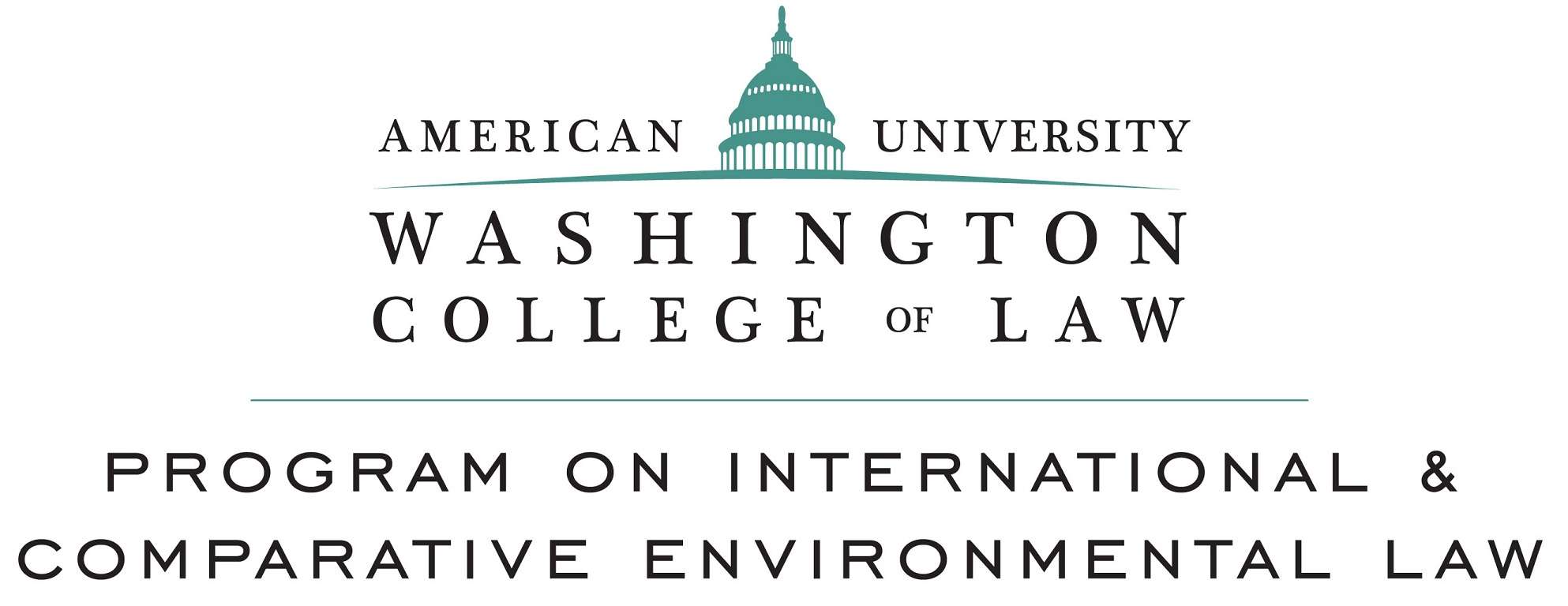Our land. Our lives. Our futures.
For Immediate Release
Washington, D.C. July 20, 2016 — We all have the right to live in an environment where the air, water, and land around us are not only safe but also secure for us to inhabit. We want a place where our homes are stable and we can work and live without fear that they might disappear. We insist on protecting places where our children are safe to freely play and attend school. Every person has the right to live in this place.
Around the world, governments create plans often intended to improve upon our way of life, to provide services and infrastructure needed to connect us and multiply opportunities. Regardless of the intentions, we must know what these plans entail –will people be uprooted– for them to happen.
This is the essence of why people all over the world advocate for the right to information. Knowing about a plan that may affect my home, or the water I drink, or my livelihood, before it takes place. But too often, the first formal announcement of a new development project is made when the bulldozers arrive and begin to break ground. Too late.
How is it that communities are the first to be affected, and yet the last to know?
All communities have the right to be informed of development projects that will affect their lives. But most development projects are missing a crucial ingredient that deeply hinders this right: timely access to information. Access to information is the bedrock for meaningful participation and community empowerment. When communities have accurate information about projects that will impact their homes, land, and lives, they are able to engage with the institutions and governments behind these projects. They are able to be active and informed participants in shaping the course of development to bring positive, sustainable results.
Unfortunately, the new policies at the World Bank may make it more difficult for communities to engage in development projects. By allowing projects to be approved before disclosing environmental and social documents, the policy fails to ensure access to this crucial information. Without this information, communities cannot participate in imminent decisions that will permanently change their lives. Finally, without a full understanding of the projects, their impacts, and the policies intended to protect their rights and environment, communities will face substantial challenges in seeking remedy when projects cause harm.
We all have the right to be informed, to know, to engage, and to seek remedy, if our communities are going to be changed forever. When these basic principles are not taken into account, our human rights are put in jeopardy.
| |
 |
 |
 |
Media Contact:
Carla García Zendejas, Program Director at CIEL, cgarcia@ciel.org, +1 (202) 374-2550
